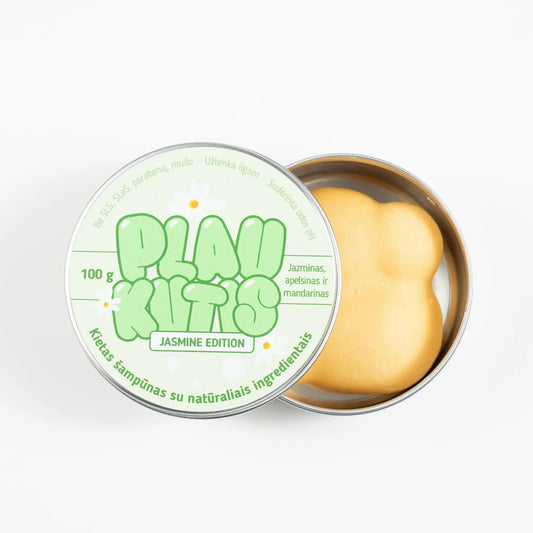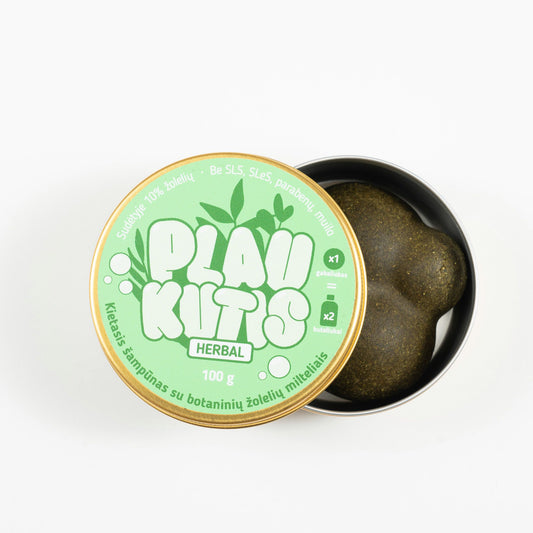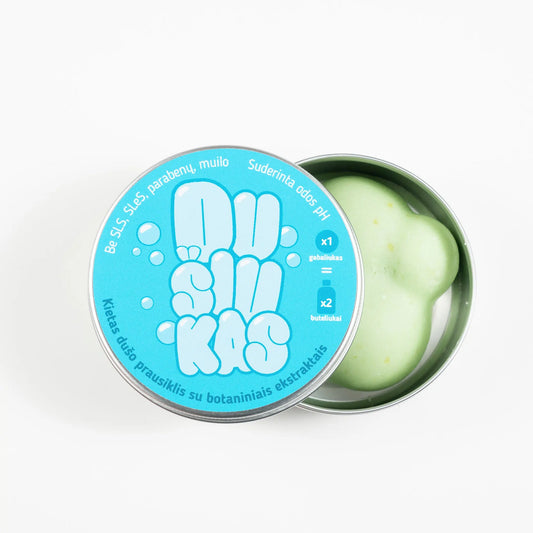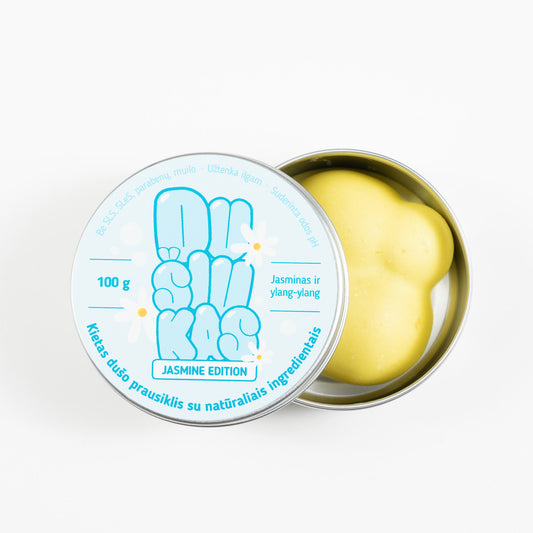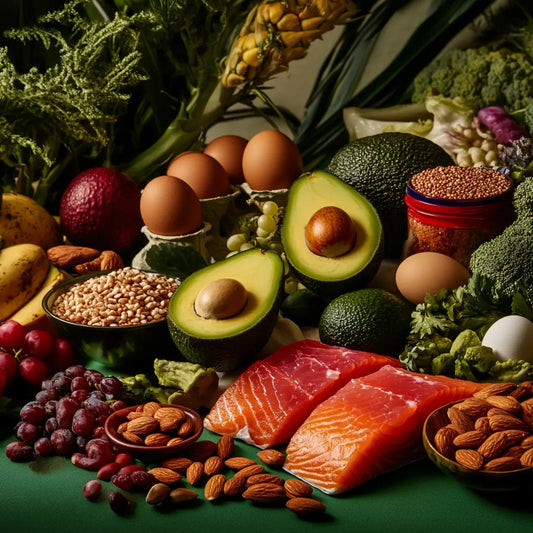Natural oils are becoming increasingly popular in the hair care industry. Many people are looking for organic, plant-based alternatives that nourish, repair, and strengthen hair without harmful chemicals. But the benefits of these oils go beyond being eco-friendly – scientific research shows how these oils can improve hair texture, reduce frizz, and promote hair growth.

A 2020 report showed that the global market for natural oils for hair care grew by 8.2% as consumers increasingly prefer products without chemical additives. In this article, we will discuss the benefits and uses of popular natural oils such as coconut, argan, jojoba, and castor oils in hair care.
Coconut oil: moisturizing and restoring
Coconut oil is a hair care product that has been used for centuries, especially in tropical areas. Known for its deep moisturizing properties, it penetrates deep into the hair structure and helps to rebuild it from within.
Benefits of coconut oil for hair
- Deep hydration : Coconut oil’s molecular structure allows it to penetrate deep into the hair shaft. A 2017 study published in the Journal of Cosmetic Science found that coconut oil reduced protein loss in hair by 40% in both damaged and undamaged hair when used before or after shampooing.
- Damage Protection : The same study found that coconut oil binds to hair proteins, reducing breakage and split ends. It is one of the few oils with long-term benefits for maintaining hair strength.
- Antibacterial and antifungal properties : Coconut oil has natural antimicrobial properties that help fight dandruff and scalp infections. A 2018 study found that using coconut oil reduced dandruff symptoms by 32% in four weeks.

What hair types is coconut oil suitable for?
Coconut oil is ideal for those with dry, frizzy, or damaged hair. It's especially beneficial for coarse or thick hair. However, for those with fine or thin hair, coconut oil can be too heavy, causing buildup or a greasy look.
Argan oil: shine and softness
Argan oil, often referred to as “liquid gold,” is extracted from the nuts of the Moroccan argan tree. This lightweight oil is rich in fatty acids, antioxidants, and vitamin E, making it an ideal choice if you’re looking to add shine and softness to your hair.
How argan oil improves hair texture and shine
- Rich in fatty acids and vitamin E : Argan oil is rich in omega-6 and omega-9 fatty acids, which help lock in moisture and smooth the hair cuticle. Research shows that these fatty acids also have anti-inflammatory properties, making argan oil useful for soothing an irritated scalp.
- Frizz reduction : A 2020 clinical study found that using argan oil reduced frizz by 48% in humid conditions, especially in people with naturally curly or wavy hair.
- UV protection : Argan oil’s antioxidants, especially vitamin E, help protect hair from UV damage, which is especially important for those who spend a lot of time outdoors. A 2019 study found that argan oil improved hair elasticity and provided 30% more sun protection.

Suitable for those with dry, frizzy or damaged hair
Argan oil is suitable for almost all hair types due to its lightness. It is especially beneficial for those with dry, frizzy or chemically treated hair, as it naturally protects without weighing the hair down.
Jojoba and castor oils: scalp health and hair growth
Coconut and argan oils are commonly used for hydration and shine, but jojoba and castor oils are designed to improve scalp health and promote hair growth. These oils work directly on the scalp, creating a healthy environment for hair to grow.

Benefits of jojoba oil for scalp health
- Similar to natural sebum : Jojoba oil is similar to the scalp’s natural oil production (sebum), making it great for regulating sebum production. A 2018 study found that jojoba oil reduced scalp dryness by 50% after four weeks of regular use.
- Non-residue : Jojoba oil does not clog pores, making it a great choice for those prone to scalp rashes or irritation. This oil acts as a gentle scalp cleanser, removing impurities and moisturizing.

Castor oil and hair growth promotion
- Promotes blood circulation : Castor oil contains ricinoleic acid, which improves blood circulation to the scalp, thereby providing more nutrients and oxygen to hair follicles. A 2021 study found that castor oil increased hair density by 35% over three months in people suffering from hair thinning.
- Strengthens hair : Castor oil’s thick consistency coats the hair and locks in moisture, strengthening the hair roots and reducing breakage. A 2020 study found that regular use of castor oil resulted in 23% stronger hair.

Myth busting and interesting facts
- Myth : "Coconut oil will solve all your hair problems."
Fact : While coconut oil is great for moisturizing and repairing hair, overuse can cause buildup, especially for those with fine hair. A 2019 study found that 27% of people with fine hair complained of greasy hair after using coconut oil too often. - Fun fact : Argan oil has been used in Morocco for over 2,500 years . It has been used not only for beauty but also for food due to its rich nutrient content.
- Myth : "Castor oil promotes hair growth overnight."
Fact : Castor oil promotes hair growth over the long term, but you shouldn't expect miraculous results overnight. With regular use for 6-8 weeks , positive results are visible. - Fun fact : Jojoba oil isn’t actually an oil – it’s a liquid wax ester that closely resembles natural sebum, making it a unique “oil” in the beauty world.
- Myth : "All oils work the same, regardless of hair type."
Fact : Different oils have different molecular structures and benefits. For example, coconut oil is good for coarse hair, while lighter oils like jojoba are better suited for fine or oily hair.

Practical tips and solutions
- Choose the right oil for your hair type : If you have thick or coarse hair, opt for heavier oils like coconut or castor for deep hydration. If your hair is thin or prone to greasiness, lighter oils like argan or jojoba will be better choices.
- Apply oil to damp hair : To lock in moisture, apply natural oils to damp, towel-dried hair. This will help lock in moisture, leaving hair softer and more manageable.
- Use oils as a pre-wash : Coconut and castor oils are great for use before washing. Apply them liberally to your scalp and hair, leave on for 30 minutes (or overnight), and rinse with a mild shampoo.
- Don't use too much : A small amount of oil can go a long way. Use small amounts and gradually add more if needed. Too much oil can weigh down your hair, especially if it's thin or fine.
- Protect hair from heat damage : Natural oils like argan oil act as a protective barrier against heat styling tools. Apply a small amount before blow-drying or straightening to minimize damage.

Frequently asked questions
Q: Can I use natural oils every day?
A: It depends on your hair type. Daily use may be too much for thin or fine hair, but thicker and drier hair may benefit from more frequent use of oils.
Q: Which oil is best for promoting hair growth?
A: Castor oil is widely used for its ability to promote hair growth due to its high ricinoleic acid content. Jojoba oil is also an excellent scalp health supporter, which can help hair grow healthily.
Q: Can oil make hair greasy?
A: Yes, overuse of oil can cause your hair to look greasy. To avoid this, use small amounts, applying only to the ends of your hair.
Q: Can I leave the oil in my hair overnight?
A: Yes, you can leave coconut or castor oil in your hair overnight to provide deep moisture. Be sure to rinse your hair thoroughly the next morning.
Q: Can natural oils replace conditioner?
A: Natural oils can complement conditioner, but they do not have the same detangling properties as conditioners. Best results will be achieved by using both products together.
Conclusion
Natural oils are a powerful tool that can improve the health of your hair. Whether you're looking to add moisture, shine, or promote growth, coconut, argan, jojoba, and castor oils can make a significant impact in your hair care routine. By choosing the right oil for your hair type, you can naturally and effectively promote healthier, stronger, and shinier hair.
